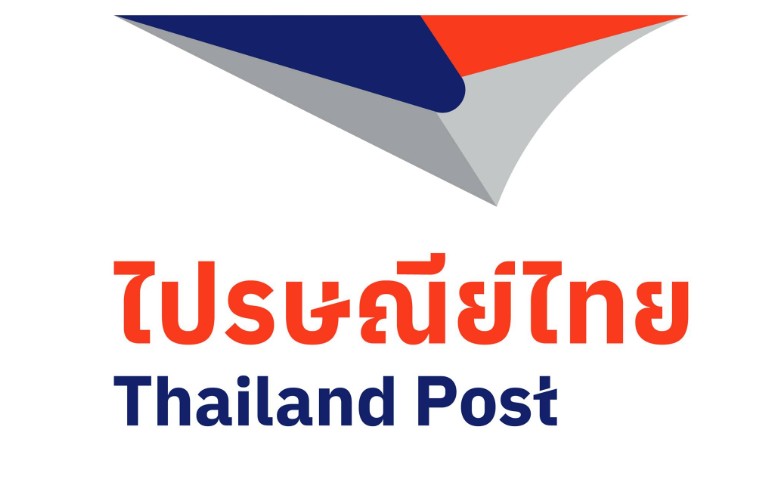BANGKOK – Thailand Post has officially temporarily suspended all international parcel services to the United States, following a sudden shift in U.S. trade policy striking low-value shipment exemptions. The announcement, signed by Acting President Thapanee Amarinrat on August 21, confirmed the disruption—effectively halting operations from August 22 until further notice.
U.S. Ends De Minimis Exemption
On July 30, 2025, U.S. President Donald Trump signed an executive order terminating the long-standing de minimis tax exemption, which ended duty-free entry for parcels valued under US $800, previously a key facilitator of global e-commerce. The change takes effect August 29, and has sent postal systems worldwide into scramble mode.
Effective upon enforcement, U.S. Customs and Border Protection (CBP) will now impose applicable duties based on country-of-origin tariff rates, replacing the once-simple threshold.
What’s Affected—and Why
As of August 22, all categories of Thailand Post’s international mail bound for the U.S. have been halted. However, certain exceptions—such as Courier Post services and shipments to Amazon FBA (Fulfillment by Amazon) warehouses—remain operational.
The abrupt suspension stems from insufficient guidance from U.S. authorities, leaving unclear duties collection processes and compliance pathways for foreign carriers.
Global Fallout: Postal Services in Crisis
Thailand is not alone. Postal services across Europe and Asia have similarly suspended U.S.-bound parcel services:
- European operators in France, Germany, Austria, Belgium, Scandinavia, and beyond are pausing shipments citing short timelines and procedural uncertainty.
- In Singapore, national postal services suspended operations between August 25–29.
- Australia Post paused select transit deliveries routed to the U.S. via Australia.
- Industry body PostEurop warned of wide-scale disruptions to networks and online sellers globally.
In total, these changes could impact over four million daily packages processed by U.S. Customs and Border Protection.
Operational Complexity and E-Commerce Shockwaves
The removal of the exemption transforms previously seamless, low-cost parcel processing into a complex web of tariffs, documentation, and duty collection—all without clear U.S. guidance.
Sellers, logistics operators, and consumers now face higher costs, confusion, and increased risk of delays. The de minimis rule’s removal—once a boon to platforms like Shein and Temu—now threatens the viability of small-scale international shipping.
What’s Next for Thailand and Global Shipping
- Thailand Post has not provided a timeline for service resumption and urges shippers to seek alternatives.
- Conversations underway: In other countries, some postal services (e.g., the UK Post Office) are suspending temporarily while exploring new systems to facilitate resumed service.
- Duty logistics: CBP has recently approved third-party providers like Zonos and SafePackage as duty collection agents for international shippers. Businesses may leverage such platforms to navigate emerging compliance demands.
Summary Table
| Issue | Key Detail |
|---|---|
| What | Thailand Post halts all U.S.-bound parcel shipments (since August 22) |
| Why | U.S. ends de minimis exemption for low-value parcels (effective August 29) |
| Scope | Global impact—multiple postal operators across Europe and Asia |
| Consequences | Rising shipping costs, documentation complexities, widespread delays |
| Next Steps | Monitoring CBP updates, exploring duty-agent partnerships, seeking courier alternatives |
Thailand Post’s abrupt pause underscores a global jolt to cross-border postal and e-commerce frameworks. As nations and postal services scramble for clarity and solutions, businesses reliant on low-cost shipping face intense pressure—and an uncertain future. (zai)

